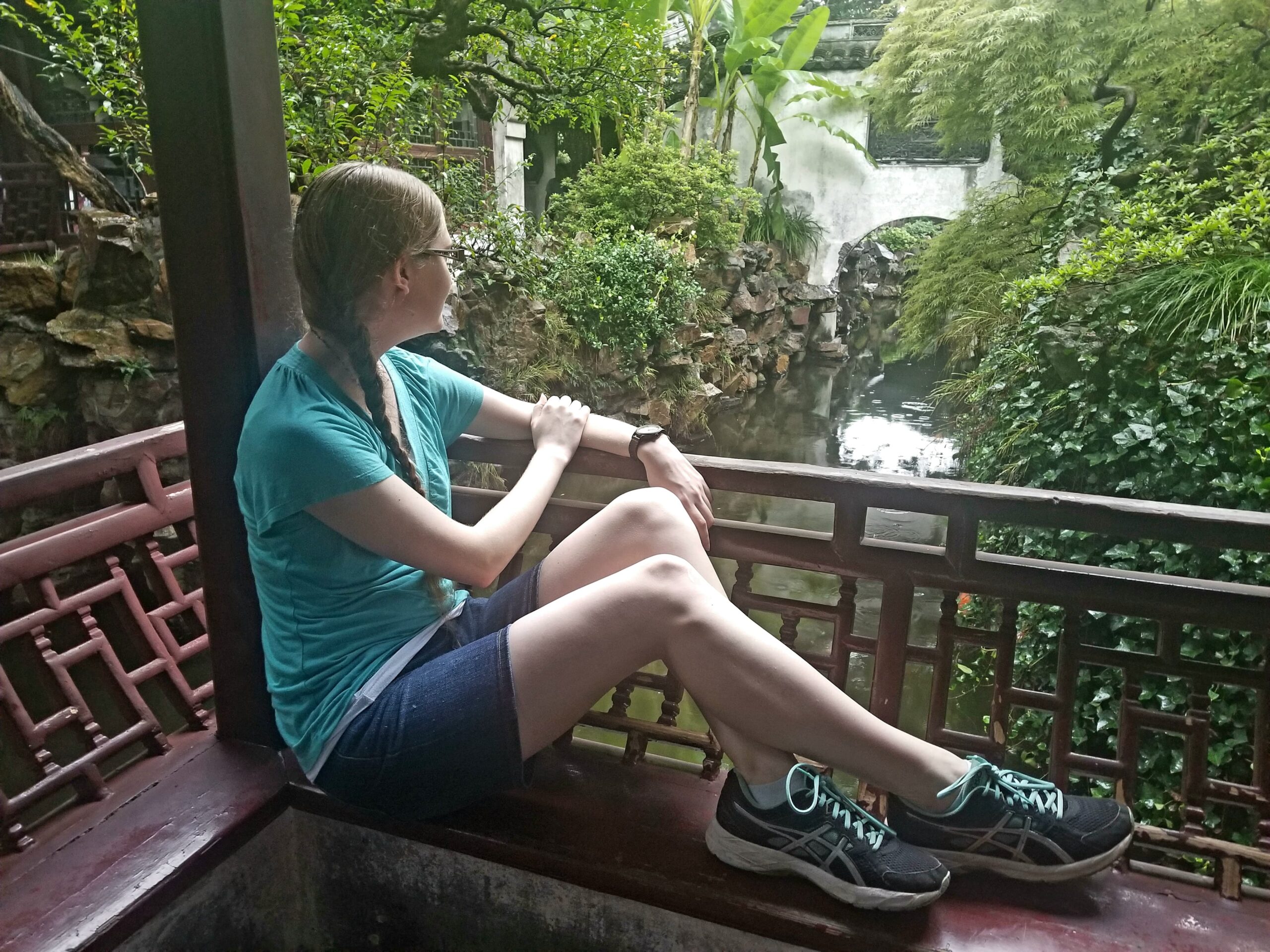Things to Know About Yourself
I strongly believe that in order to be truly effective both in taking care of yourself and in helping others, you have to be aware of and confident in who you are. I don’t necessarily see this as needing to “find yourself,” however, but rather that you should come to understand who you are already — so that you can grow from there.
The following are just a few things that have helped in my own personal development.
Introvert? Extrovert? Ambivert?
I know these can be buzzwords, but honestly, I can’t tell you how much of a difference it made when I learned that I was an introvert and what that actually meant. Learning that “quiet” does not necessarily equal “shy” and that “introvert” does not necessarily mean either of those things — and, most importantly, that it isn’t a weakness to be overcome — was a huge first step in understanding how I process the world around me and how I could use that to my advantage.
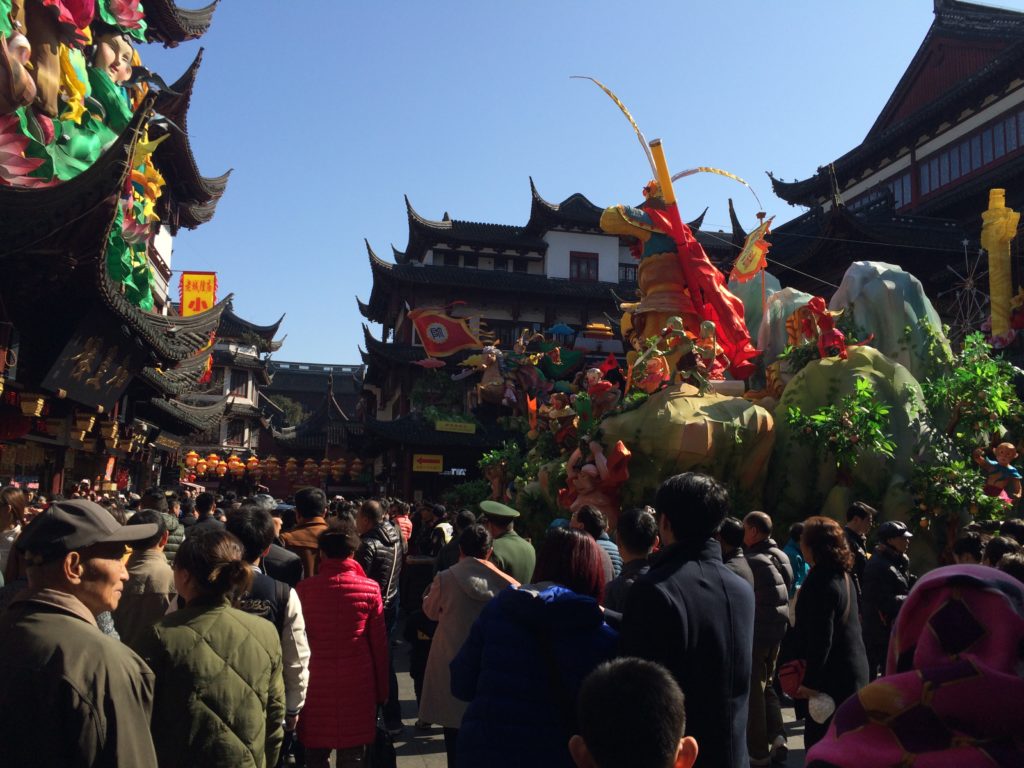
Understanding your energy needs helps you respond to things like fatigue, loneliness, etc., in healthy ways. For example, I learned quickly in China that my introversion affects my experience of culture shock: when I’m around people for lengthy periods of time (especially crowds), I become exhausted, which can easily make me more frustrated with circumstances beyond my control. Knowing this about myself enables me to take a step back and say, “I’m just tired. I need to take some time to myself, and everything will look a little better.”
It’s also important to note that, like many things in life, this is more of a spectrum than a binary. Each person is different, which is why it’s so important for us to understand our own unique needs.
What time of day are you most productive?
I used to be a night owl. As a baby, I was practically nocturnal, and all the way through my college years I preferred to stay up late into the night and sleep in as much as possible.

Several years ago, however, I decided to work on that habit, because I knew that, on the rare occasions when I did manage to get myself out of bed early in the morning, I enjoyed that time of day immensely. What I discovered was that I actually love working in the mornings, and that I am not nearly as productive late at night. I also found that mornings, when everything is fresh and (usually) peaceful, are my favorite time of day, and the easiest time of day to be entirely by myself.
Getting up earlier and having that time to myself now makes me feel happier, more organized and productive, and more understanding of myself — because I took the time to learn my own preference.
But just because mornings are the best time of day for me doesn’t mean they are for everyone — some people really are more productive and/or creative at night, or in the afternoon, and so on. It takes time to get to know yourself just as does to get to know anyone else, and it’s well worth the time and effort.
What planning/scheduling system works best for you?
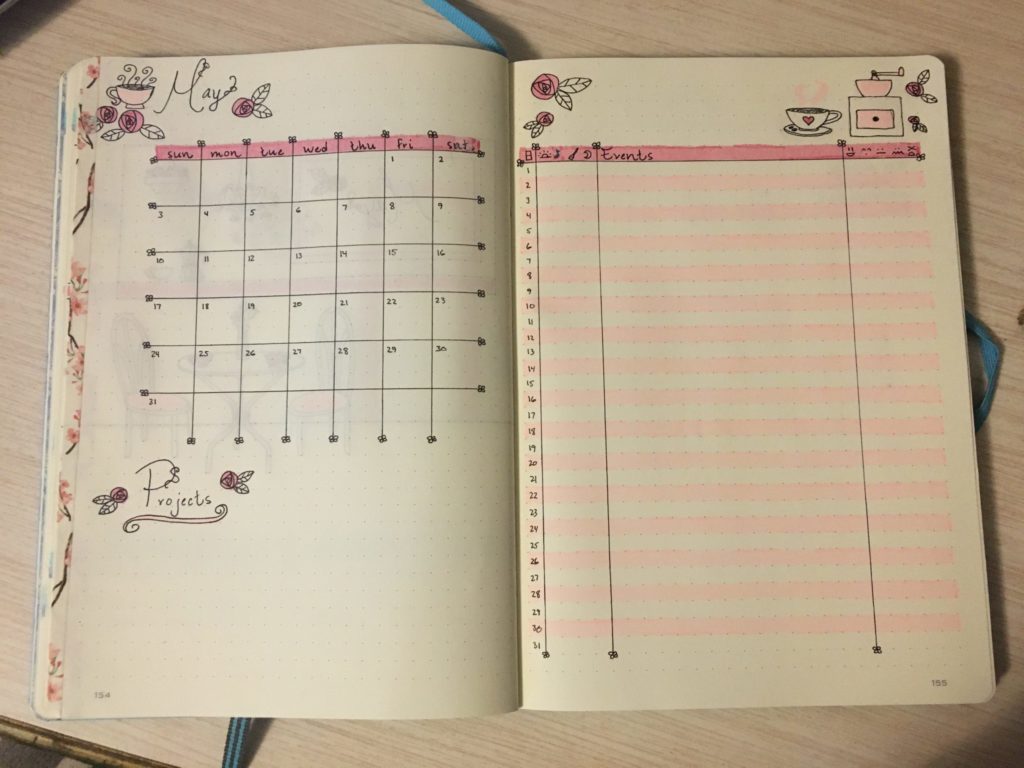
If you’ve read some of my previous posts, you probably know that bullet journaling revolutionized my organizational abilities. One of my favorite things about this system is that it’s designed to be customized to each individual.
Still, bullet journals don’t work for everyone. Some people prefer a pre-made calendar or planner. Others like to use digital tools like Google Calendar
I’m a firm believer that having a system of some kind is vital to getting and staying organized. But when choosing which system to use, experiment until you find the one that enables you to get the most done and that you enjoy the most. There’s no use forcing yourself to use a system that you hate or that feels like a waste of time, no matter how many other people tell you it’s the One System to Rule Them All.
What actions/clothing/attitudes/etc. make you feel most confident?
About a year ago, along with my six-month goals, I decided to make a list of all the things that made me feel most confident or that I liked the most about myself. This list included a variety of things, mostly actions or attitudes that I wanted to practice doing more of – because if I liked myself most when doing those things, it stands to reason that doing more of those things would make me even more content and confident in who I am.
I don’t believe we need to fundamentally change who are in order to find happiness and fulfillment; rather, I think we need to understand who we are, and learn to emphasize and cultivate the better aspects of that.
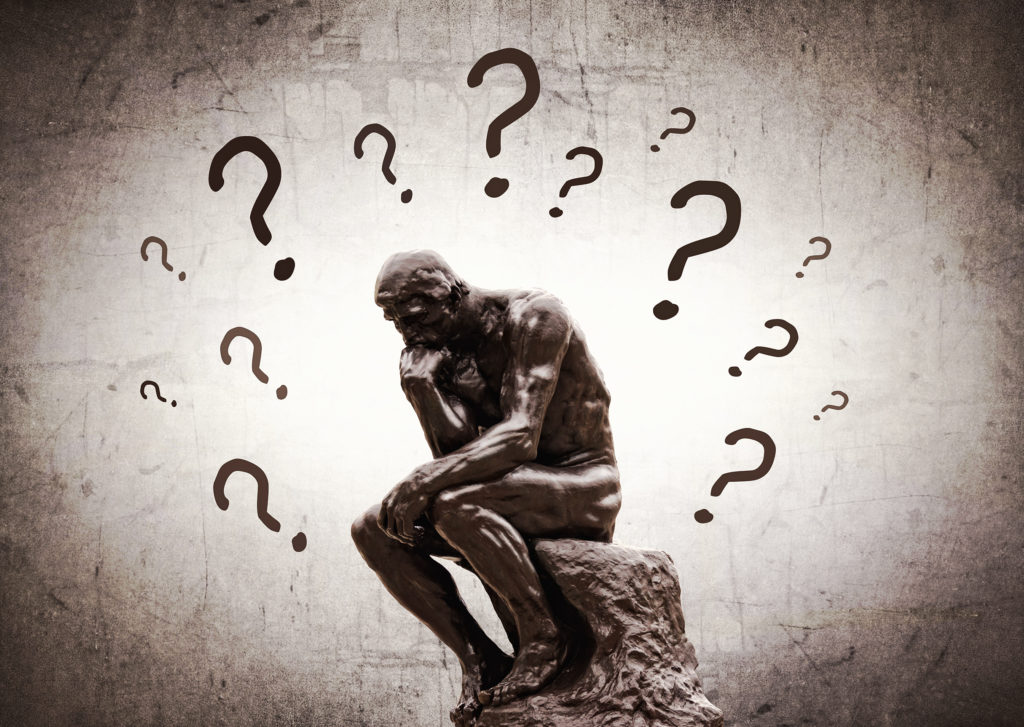
What boundaries are necessary to keep you from overextending yourself?
As a recovering people-pleaser, this one does not come easy to me, but it was one of those things I listed that makes me more confident – setting and upholding healthy boundaries. Learning to say “no” and thereby freeing myself for what I actually want to say “yes” to.
Having boundaries in place long before they’re actually challenged and/or needed makes it so much easier to uphold them.
Additionally, I think it’s important to set boundaries on the expectations we have for our own selves. Learning to recognize our limits and to take a step back instead of pushing ourselves too far is just as important as not committing too much to others’ expectations. (I wrote more here about allowing yourself to take a break and what that often looks like for me.)
Obviously, this short list is just the beginning. As you ask yourself these questions, I encourage you to listen to the answers you discover, and to continue asking even more questions.
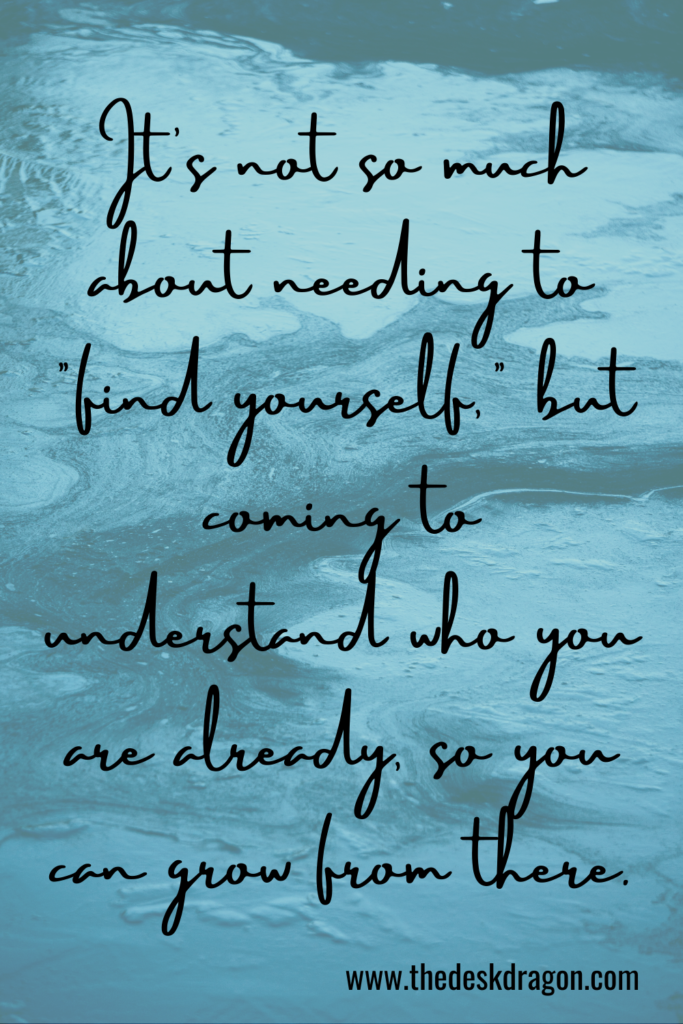
Did you learn anything surprising about yourself? What additional questions would you add to this list? I’d love to hear from you.

